Yihong He
Data Heterogeneity-Robust Federated Learning via Group Client Selection in Industrial IoT
Feb 03, 2022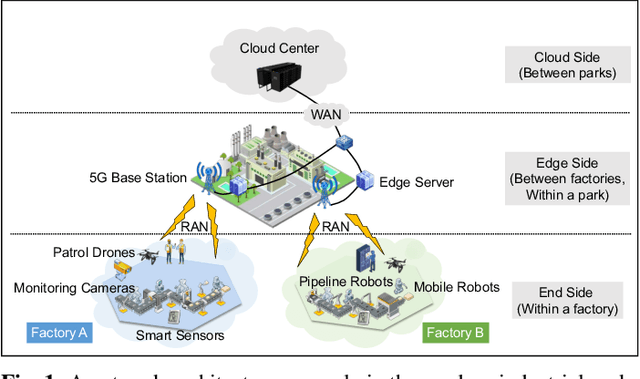
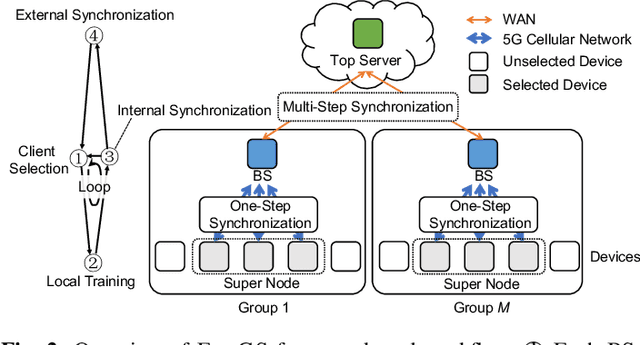
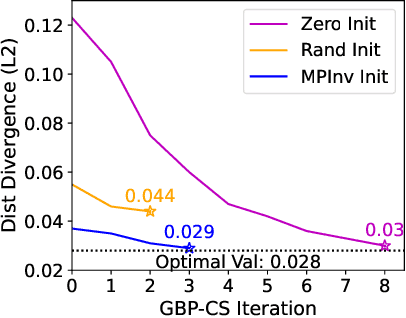

Abstract:Nowadays, the industrial Internet of Things (IIoT) has played an integral role in Industry 4.0 and produced massive amounts of data for industrial intelligence. These data locate on decentralized devices in modern factories. To protect the confidentiality of industrial data, federated learning (FL) was introduced to collaboratively train shared machine learning models. However, the local data collected by different devices skew in class distribution and degrade industrial FL performance. This challenge has been widely studied at the mobile edge, but they ignored the rapidly changing streaming data and clustering nature of factory devices, and more seriously, they may threaten data security. In this paper, we propose FedGS, which is a hierarchical cloud-edge-end FL framework for 5G empowered industries, to improve industrial FL performance on non-i.i.d. data. Taking advantage of naturally clustered factory devices, FedGS uses a gradient-based binary permutation algorithm (GBP-CS) to select a subset of devices within each factory and build homogeneous super nodes participating in FL training. Then, we propose a compound-step synchronization protocol to coordinate the training process within and among these super nodes, which shows great robustness against data heterogeneity. The proposed methods are time-efficient and can adapt to dynamic environments, without exposing confidential industrial data in risky manipulation. We prove that FedGS has better convergence performance than FedAvg and give a relaxed condition under which FedGS is more communication-efficient. Extensive experiments show that FedGS improves accuracy by 3.5% and reduces training rounds by 59% on average, confirming its superior effectiveness and efficiency on non-i.i.d. data.
Heterogeneous Federated Learning via Grouped Sequential-to-Parallel Training
Jan 31, 2022
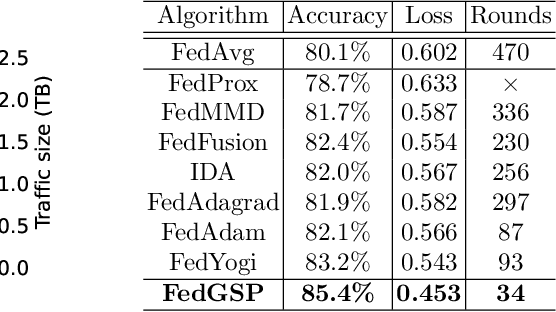
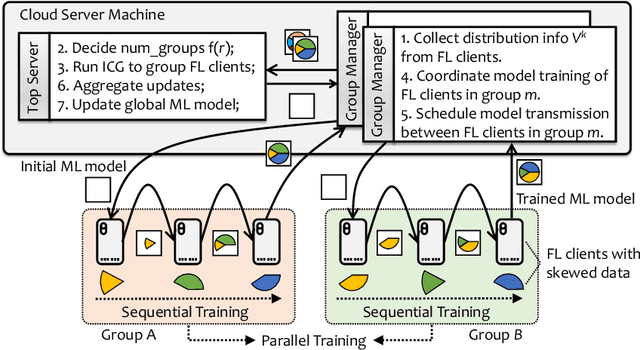

Abstract:Federated learning (FL) is a rapidly growing privacy-preserving collaborative machine learning paradigm. In practical FL applications, local data from each data silo reflect local usage patterns. Therefore, there exists heterogeneity of data distributions among data owners (a.k.a. FL clients). If not handled properly, this can lead to model performance degradation. This challenge has inspired the research field of heterogeneous federated learning, which currently remains open. In this paper, we propose a data heterogeneity-robust FL approach, FedGSP, to address this challenge by leveraging on a novel concept of dynamic Sequential-to-Parallel (STP) collaborative training. FedGSP assigns FL clients to homogeneous groups to minimize the overall distribution divergence among groups, and increases the degree of parallelism by reassigning more groups in each round. It is also incorporated with a novel Inter-Cluster Grouping (ICG) algorithm to assist in group assignment, which uses the centroid equivalence theorem to simplify the NP-hard grouping problem to make it solvable. Extensive experiments have been conducted on the non-i.i.d. FEMNIST dataset. The results show that FedGSP improves the accuracy by 3.7% on average compared with seven state-of-the-art approaches, and reduces the training time and communication overhead by more than 90%.
 Add to Chrome
Add to Chrome Add to Firefox
Add to Firefox Add to Edge
Add to Edge